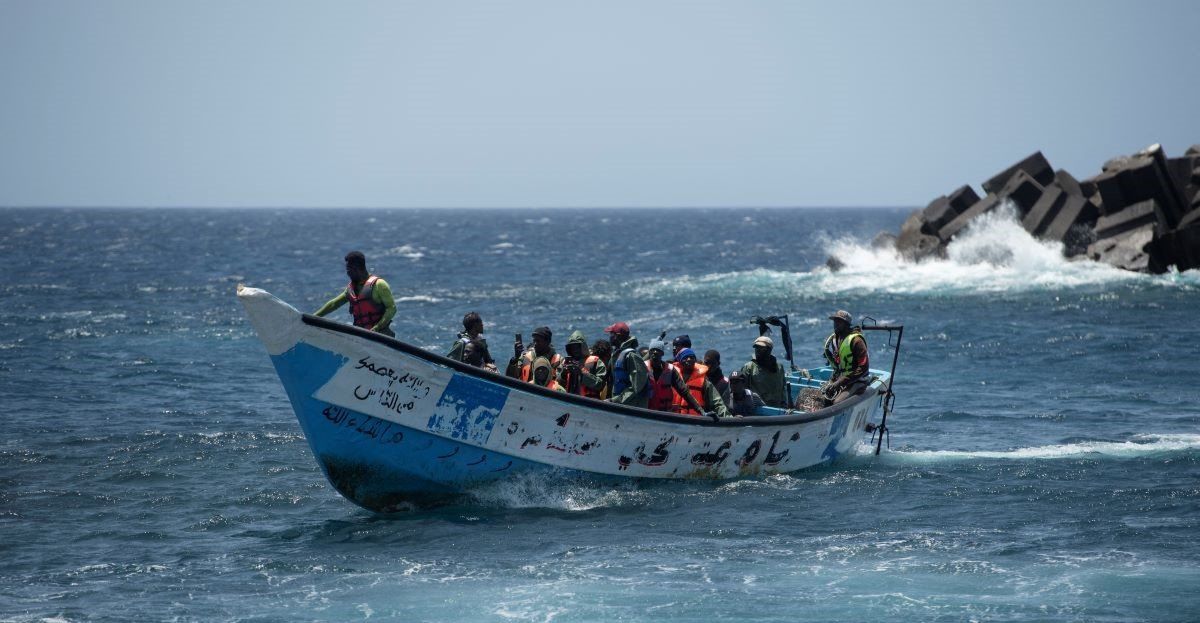2: In July 2021, a homophobic mob beat a gay man to death outside a nightclub in A Coruña, a port city in Spain’s northwest, as passersby refused to intervene while some filmed the attack on their phones. Only
two men tried to help: undocumented Senegalese migrants
Ibrahima Diack and
Magatte N'Diaye. The city honored their heroism this week by naming them “adopted sons of A Coruña.” “We are not heroes, we did what we had to do,” said N'Diaye at the ceremony.
100 or more: In recent weeks, Saudi Arabia has released“100 or more” political prisoners, according to activists – but it’s not clear why. Sentencing people to decades-long terms for tweets is ultimately bad for business, a researcher at Human Rights Watch told The Financial Times.
1 billion: India, one of the world’s most polluted countries, is reportedly finalizing a$1 billion capital subsidy plan to boost its solar manufacturing industry to help reduce dependence on China and profit from the global energy transition. This is one way in which competition is “good for green.”
0.001: The likelihood of the 2024 YR4 asteroid hitting Earth is now at0.001%, according to the European Space Agency, down from 3.1% as forecast by NASA last week. Scientists expect the asteroid to pass our planet in December 2032. We can all wave as it goes by.
7: In other welcome celestial news, those with their eyes toward the heavens can see seven planets – Mercury, Venus, Mars, Jupiter, Saturn, Uranus, and Neptune – this week. Your best bet is to watch the sky just after sunset today, tomorrow, and Friday. If you miss them, you won’t get another chance until 2040. And that’s only if that low-probability asteroid doesn’t take us out.
